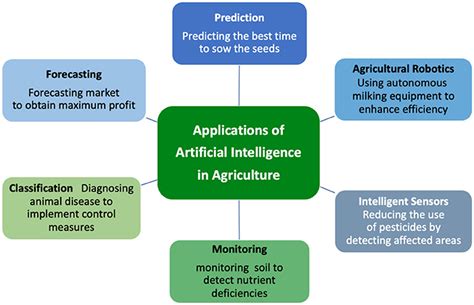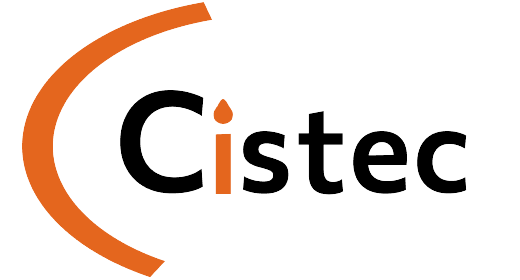Risks of decisions and for autonomously in financial markets
The growing use of artificial intelligence (AI) in the financial markets has led to a new era of efficiency and accuracy. However, the potential risks of autonomous decisions AIM are significant. In this article, we will examine the various risks associated with the process of autonomous decision -making in the context of financial markets.
1. Lack of transparency
Autonomous systems are based on a large number of historical data to make informed decisions. Without human intervention or supervision, it may be difficult to understand how these machines have reached their conclusions. This lack of transparency makes it difficult to evaluate the risks and potential consequences of autonomous decisions, AI.
2. Prejudices and mistakes
AI systems are as good as the data on which they are trained. If training data is distorted or incomplete, the system can maintain these prejudices, leading to incorrect decisions. In addition, artificial intelligence algorithms can expose errors due to their dependence on complex calculations and data processing. These errors may have significant consequences in the financial markets in which accuracy is essential.
3. The complexity
Autonomous artificial intelligence systems can develop large amounts of data with incredible speeds, making it ideal for tasks such as credit score and risk assessment. However, this complexity also makes it difficult to interpret the results. Regulators and investors can therefore have trouble understanding how autonomous decisions AI affect financial markets.
4. Interdirence
Financial markets are highly linked to various activities and tools that influence mutual prices. Autonomous systems can make decisions that have unintentional consequences on these interdependent markets. For example, the AI algorithm could prefer good to other based on incorrect hypotheses about its market dynamics.
5. Limited human judgment
While systems of autonomous artificial intelligence can quickly process a large amount of data, they often lack human judgments and the skills of critical thinking needed to make informed decisions. This limitation can lead to prejudice in the decision -making process and failure in adapting to changing market conditions.
6. Risks of computer security
Autonomous systems are vulnerable to computer attacks and violations of data that can jeopardize their accuracy and reliability. If the system of autonomous artificial intelligence is endangered or exposed, its decisions may be mischievous, leading to unwanted consequences in the financial markets.
7. Regulatory Calls

As the use of autonomous artificial intelligence in the financial markets continues to grow, the regulatory authorities will have to adapt to new challenges and risks. One of the main problems will be to ensure that autonomous artificial intelligence systems meet existing regulations and standards.
8. Unkononic consequences
ACT decisions may have unintentional consequences in financial markets such as market volatility amplification or creation of bubbles. For example, the AI algorithm could prefer a source compared to another based on incorrect market dynamics hypotheses, which would lead to an increase in the prices of this activity.
Conclusion
While Autonomous IA has the potential with a revolution in financial markets, it also exposes significant risks and challenges. As regulatory, investors and market participants, we must cooperate with these concerns and ensure that the autonomous decisions of AI are taken carefully and supervision. In this way, we can use the power of age by minimizing its risks and maximizing its benefits in the context of financial markets.
Council
1.
2.

